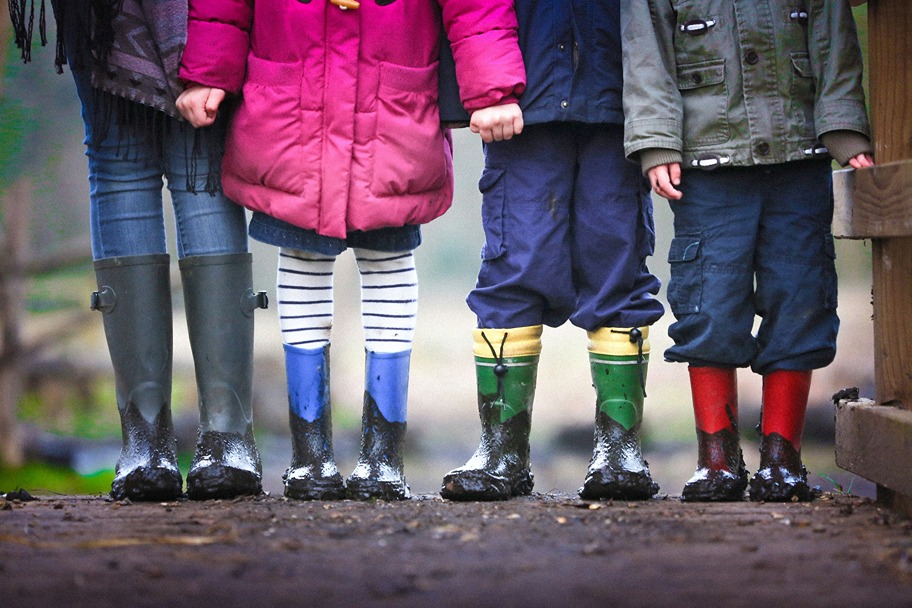Children face a wide range of mental health and behavioral issues that can significantly impact their well-being and development. Recognizing and addressing these concerns early through therapy can provide essential support and tools for children to thrive. Here are some of the most common mental health and behavioral concerns seen in children in therapy.
Common Reasons Children Are Seen In Therapy
Here are some common reasons children are seen in therapy, as well as symptoms and options for treatment:
Attention-Deficit/Hyperactivity Disorder (ADHD)
Symptoms of ADHD:
- Inattention: Difficulty sustaining attention, easily distracted, forgetful.
- Hyperactivity: Fidgeting, inability to stay seated, excessive talking.
- Impulsivity: Interrupting others, difficulty waiting for their turn, acting without thinking.
Therapy Approaches for ADHD:
- Behavioral therapy to develop organizational and time-management skills.
- Parent training to support and manage the child’s behavior.
- Cognitive-behavioral therapy (CBT) to address negative thought patterns.
Anxiety Disorders
Symptoms of Anxiety:
- Excessive worry or fear about various aspects of life.
- Physical symptoms like headaches, stomachaches, and sleep disturbances.
- Avoidance of situations that cause anxiety.
Therapy Approaches for Anxiety:
- Cognitive-behavioral therapy (CBT) to identify and challenge anxious thoughts.
- Relaxation techniques and mindfulness to manage anxiety symptoms.
- Exposure therapy to gradually face and overcome fears.
Depression
Symptoms of Depression:
- Persistent sadness or irritability.
- Loss of interest in activities once enjoyed.
- Changes in appetite or sleep patterns, fatigue, and feelings of worthlessness.
Therapy Approaches for Depression:
- Cognitive-behavioral therapy (CBT) to challenge negative thoughts and behaviors.
- Interpersonal therapy (IPT) to improve relationships and communication.
- Family therapy to address dynamics that may contribute to depression.
Behavioral Problems
Symptoms of Behavioral Problems:
- Defiance, aggression, and rule-breaking behavior.
- Frequent temper tantrums and arguing with authority figures.
- Difficulty managing anger and frustration.
Therapy Approaches for Behavioral Problems:
- Behavioral therapy to reinforce positive behaviors and reduce negative ones.
- Parent-child interaction therapy (PCIT) to improve the parent-child relationship.
- Social skills training to help children interact positively with peers.
Trauma and Post-Traumatic Stress Disorder (PTSD)
Symptoms of Trauma & PTSD:
- Re-experiencing the traumatic event through flashbacks or nightmares.
- Avoidance of reminders of the trauma.
- Hyperarousal symptoms like irritability, difficulty sleeping, and being easily startled.
Therapy Approaches for Trauma & PTSD:
- Trauma-focused cognitive-behavioral therapy (TF-CBT) to process the trauma.
- Play therapy for younger children to express and work through their trauma.
- Eye Movement Desensitization and Reprocessing (EMDR) for processing traumatic memories.
Bullying
Symptoms of Bullying:
- Withdrawal from social interactions and activities.
- Decline in academic performance.
- Physical complaints like headaches and stomachaches, and emotional distress.
Therapy Approaches for Bullying:
- Supportive counseling to build self-esteem and resilience.
- Social skills training to improve peer interactions.
- Examine the structure of the child’s friendship groups.
- Family therapy to support the child and develop coping strategies.
Family Changes (e.g., Divorce, Separation)
Symptoms of Family Changes:
- Emotional distress and confusion about the changes in the family.
- Changes in behavior, such as aggression or withdrawal.
- Academic difficulties and changes in peer relationships.
Therapy Approaches for Family Changes:
- Family therapy to address changes in family dynamics and support adjustment.
- Individual counseling to provide a safe space for children to express their feelings.
- Play therapy to help younger children process their emotions.
Grief and Loss
Symptoms of Grief and Loss:
- Intense sadness and longing for the deceased.
- Changes in behavior and academic performance.
- Physical complaints and sleep disturbances.
Therapy Approaches for Grief and Loss:
- Grief counseling to help children understand and process their loss.
- Support groups to connect with others who have experienced similar losses.
- Creative therapies, such as art or music therapy, to express emotions.
Seek Help from a Licensed Therapist
Addressing these mental health and behavioral concerns through therapy can provide children with the support they need to navigate their challenges. Early intervention and appropriate therapeutic approaches can make a significant difference in a child’s life, promoting their emotional well-being and overall development. If you notice any of these signs in your child, seeking help from a licensed therapist can be a crucial step toward their recovery and growth.
If you would like to learn more about therapy for children or book an appointment, please contact us today.







